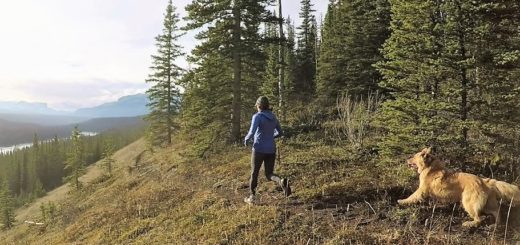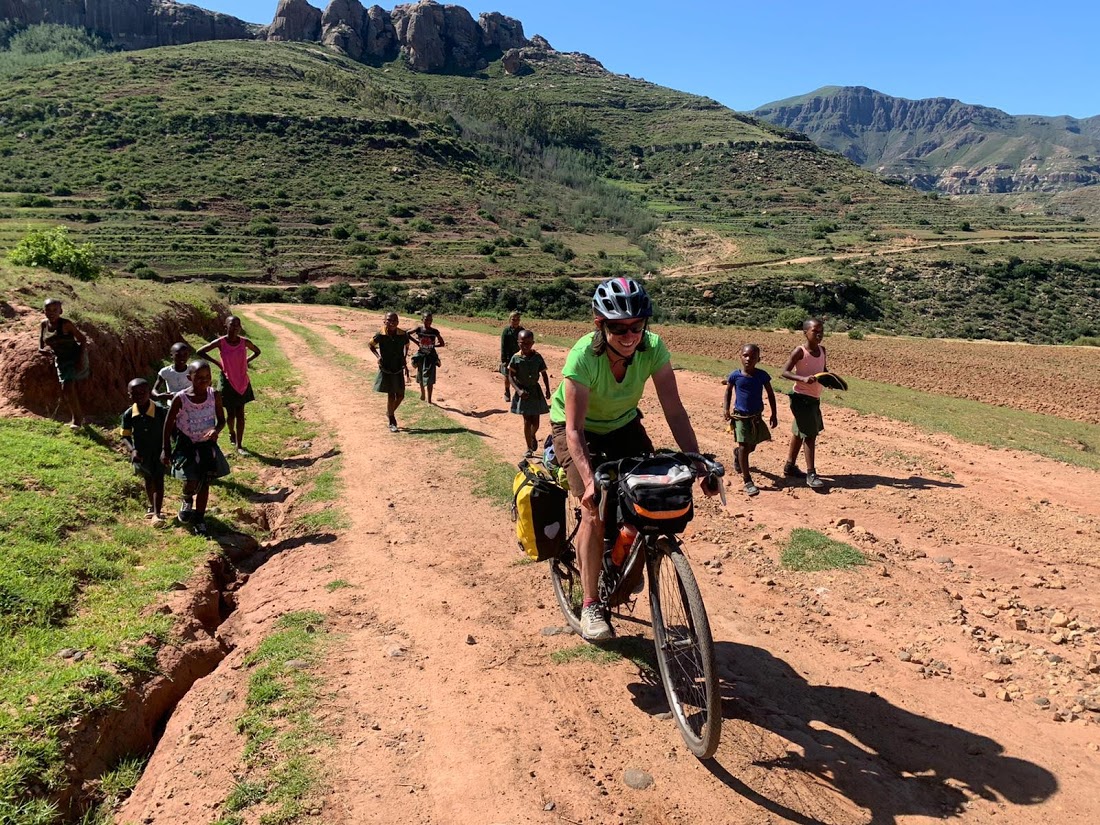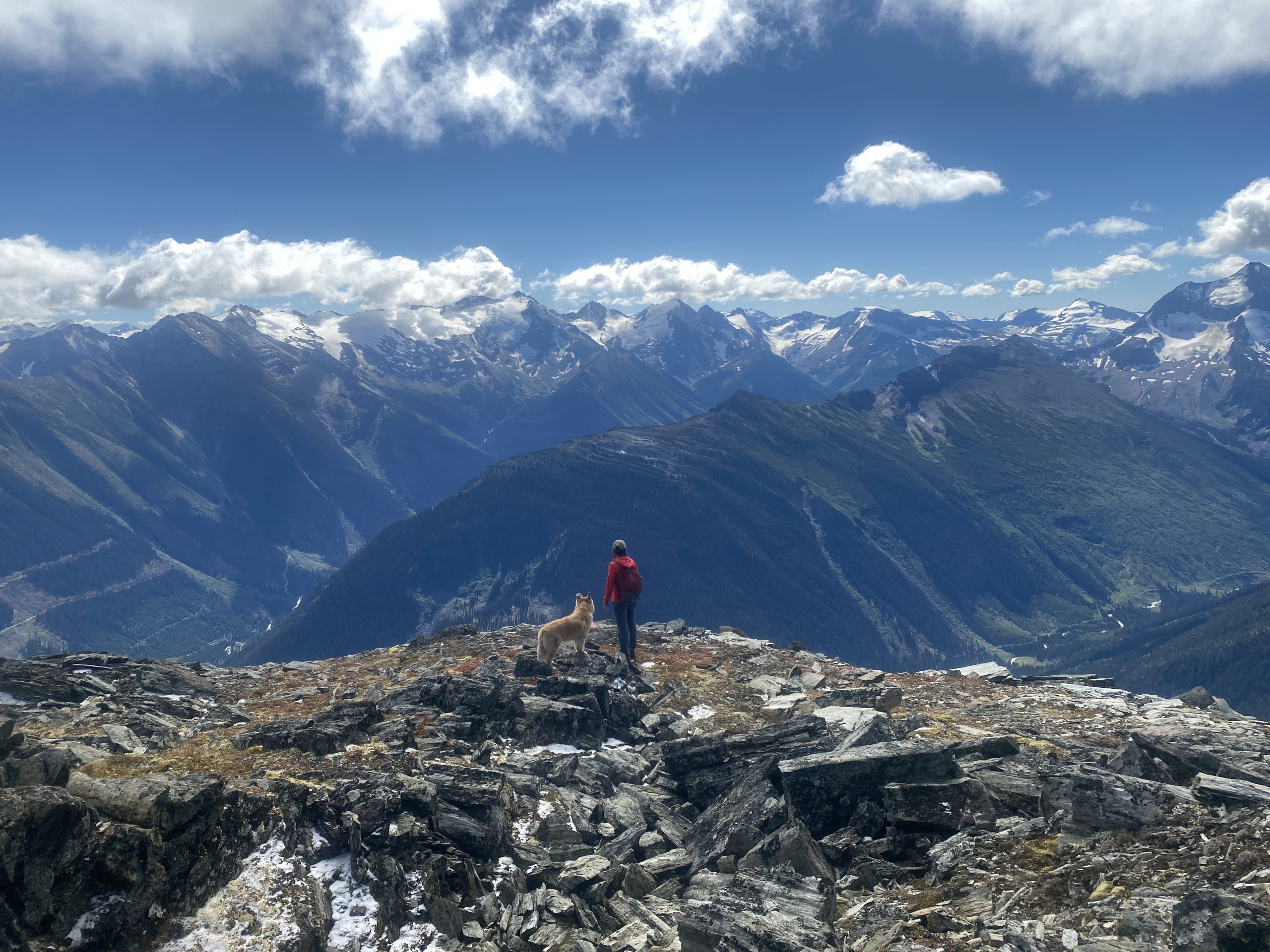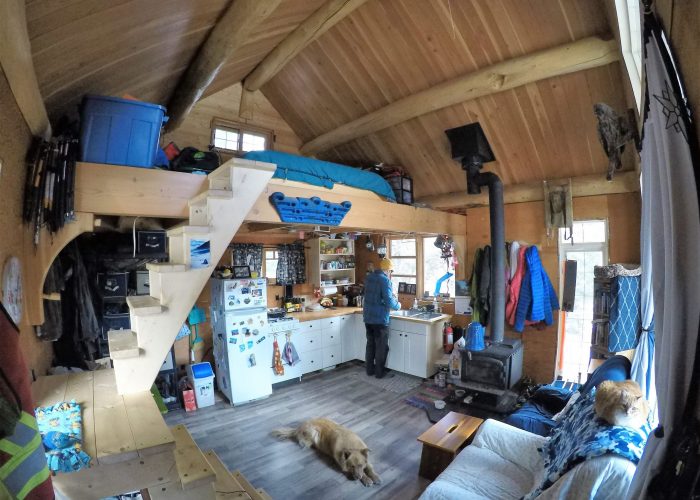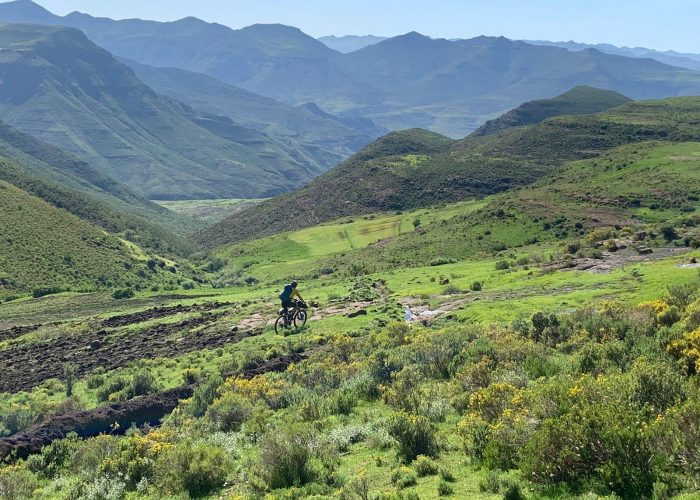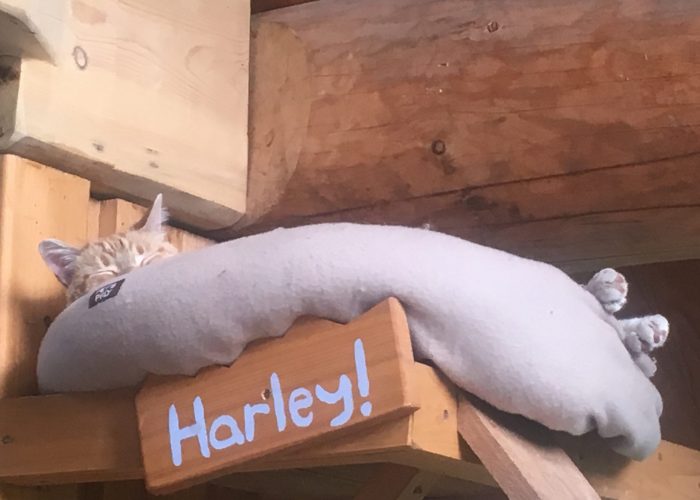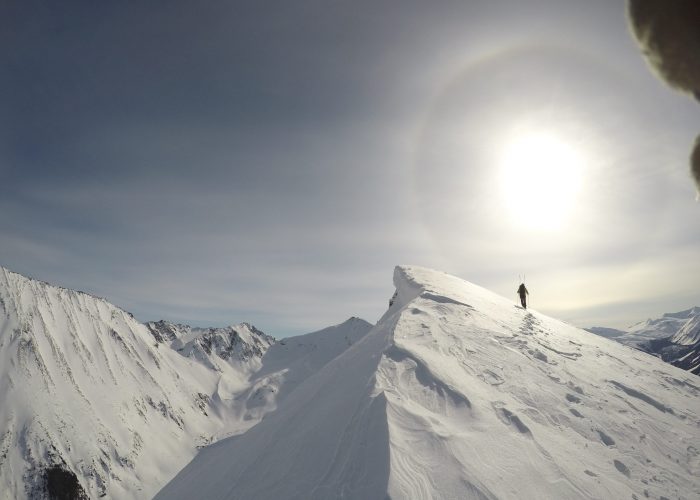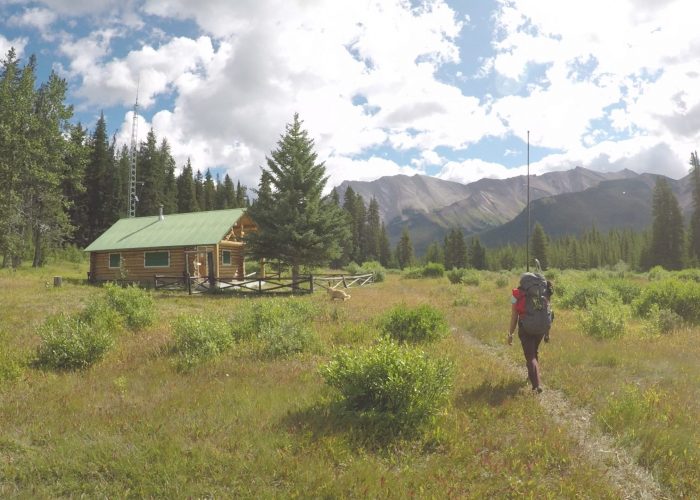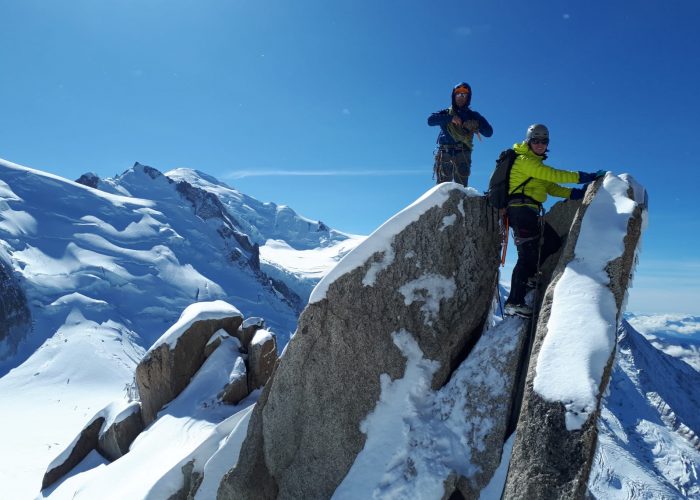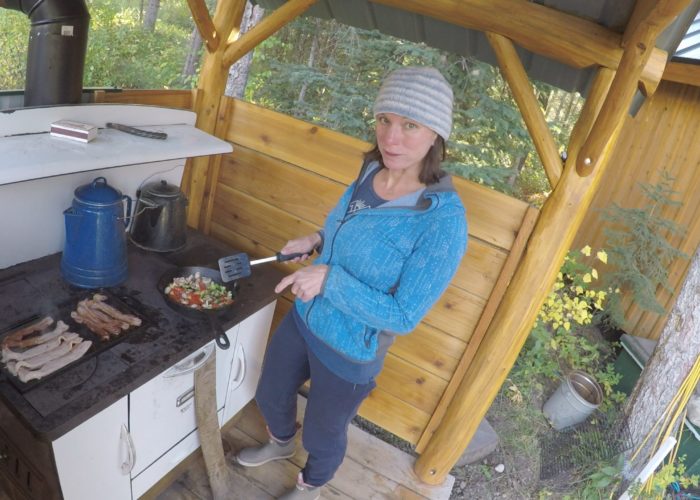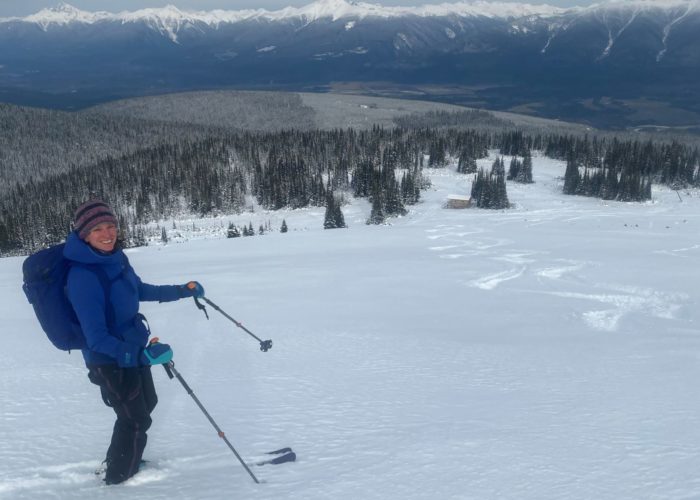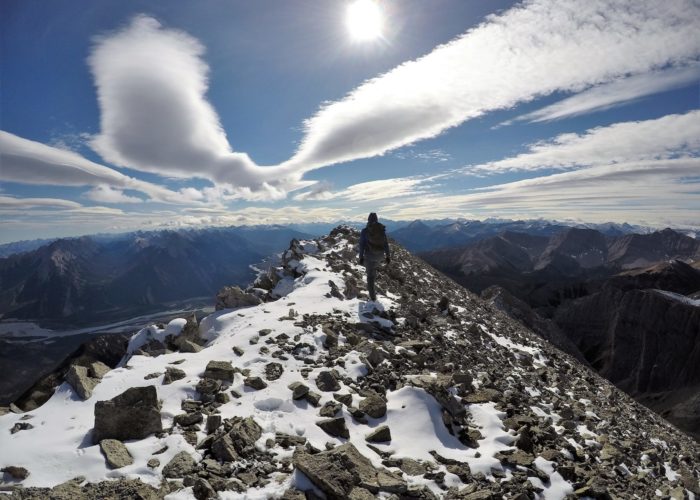Small Cabin Living in the Northern Rocky Mountains
Living the way you actually want to may result in a departure from a conventional lifestyle.
Over time you realize that you are unusual, mainly because other people mention it.
We live in a small cabin on a remote plot of land in the foothills of the Rocky Mountains. We burn wood, use solar panels, haul spring water and run a generator sometimes. 8 years later we are still here. It’s a fun lifestyle and has become comfortable.
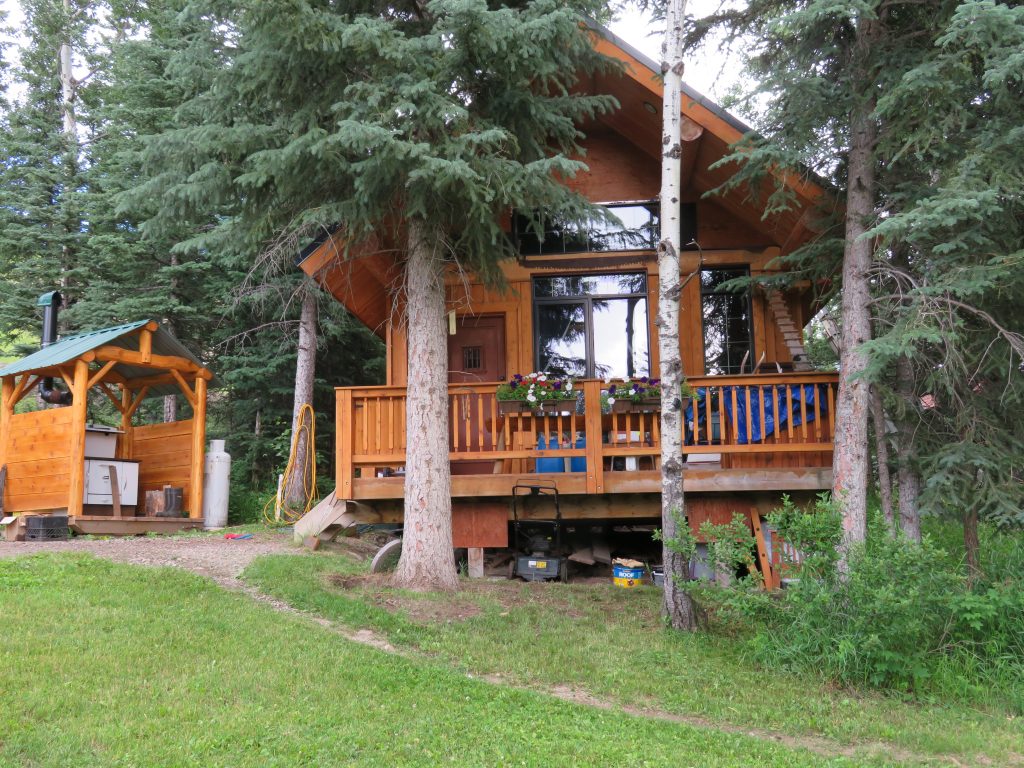
Cast of Characters – living in the cabin
My boyfriend is good at everything that I feel is important in life. He is a great outdoorsman and an awesome athlete. He built our cabin, runs heavy equipment, can fix a bulldozer, my car, a chainsaw and everything in between. He is capable of doing the work of a carpenter, electrician, plumber, welder etc. He hunts in the mountains and fly fishes. He skis, climbs mountains and can ride a mountain bike better than most. AND, he wants no part of my blog!
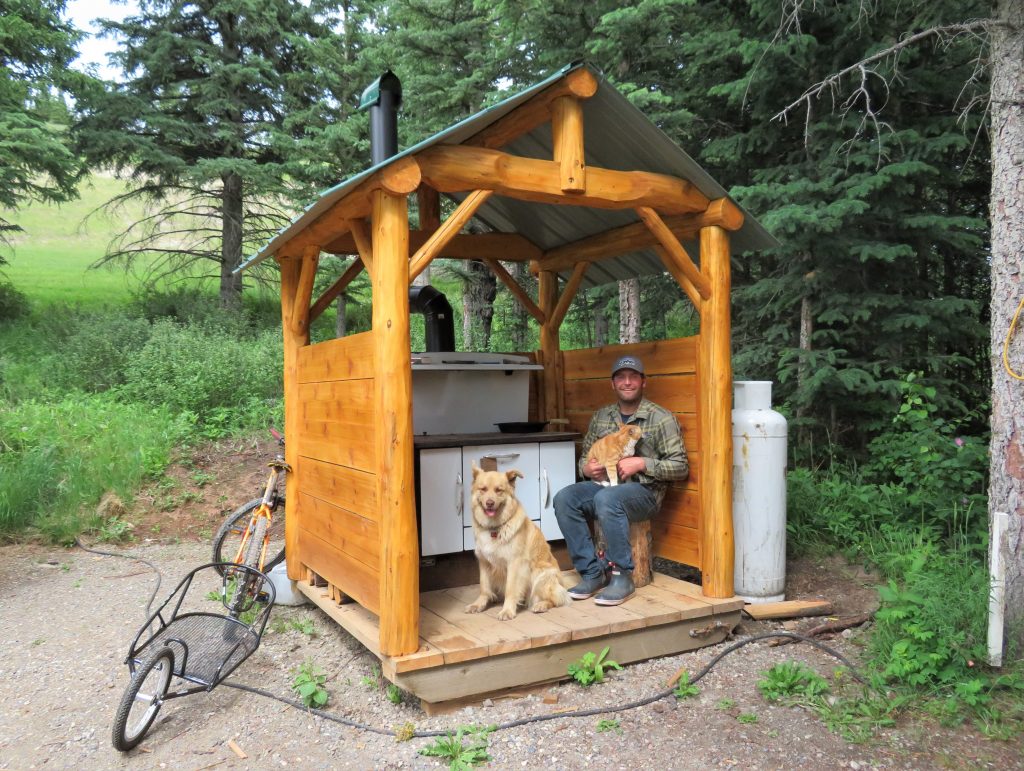
I am significantly less useful. Maybe if there was a prize for morale I’d win that. Every outdoor skill or athletic accomplishment I may have has been eclipsed. BUT, perseverance, ingenuity and being a good beer drinking buddy goes a long way.
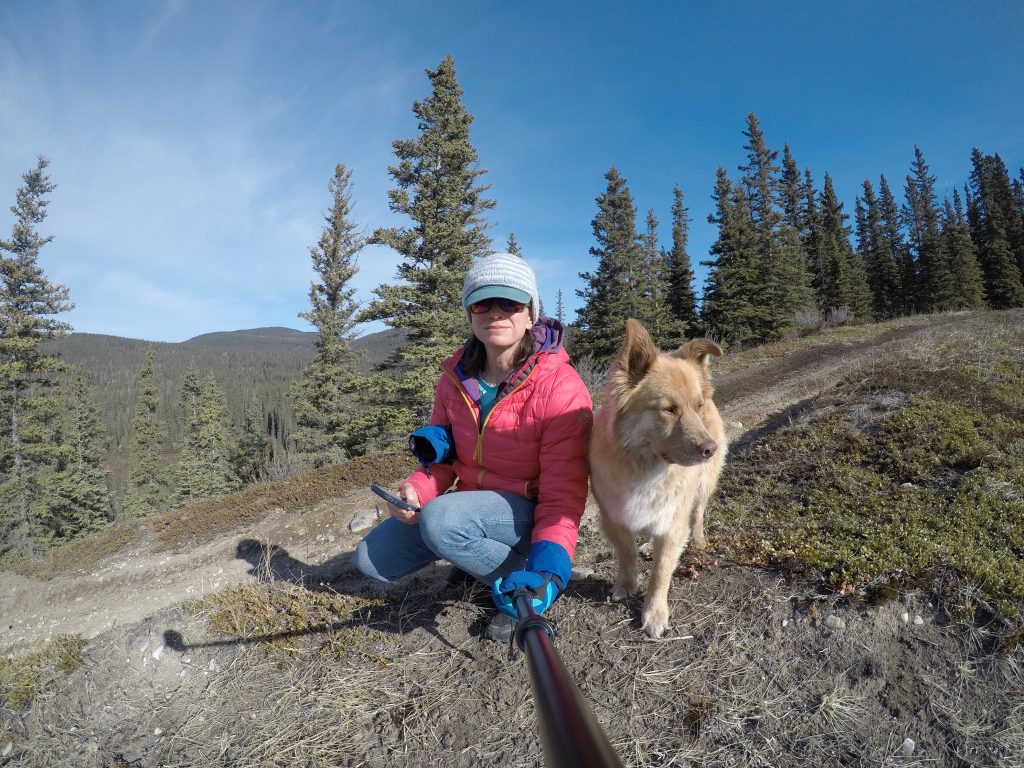
Twig is an SPCA rescue dog. She’s a 4 year old Australian shepherd type rig, possibly. She’s cute and noisy.
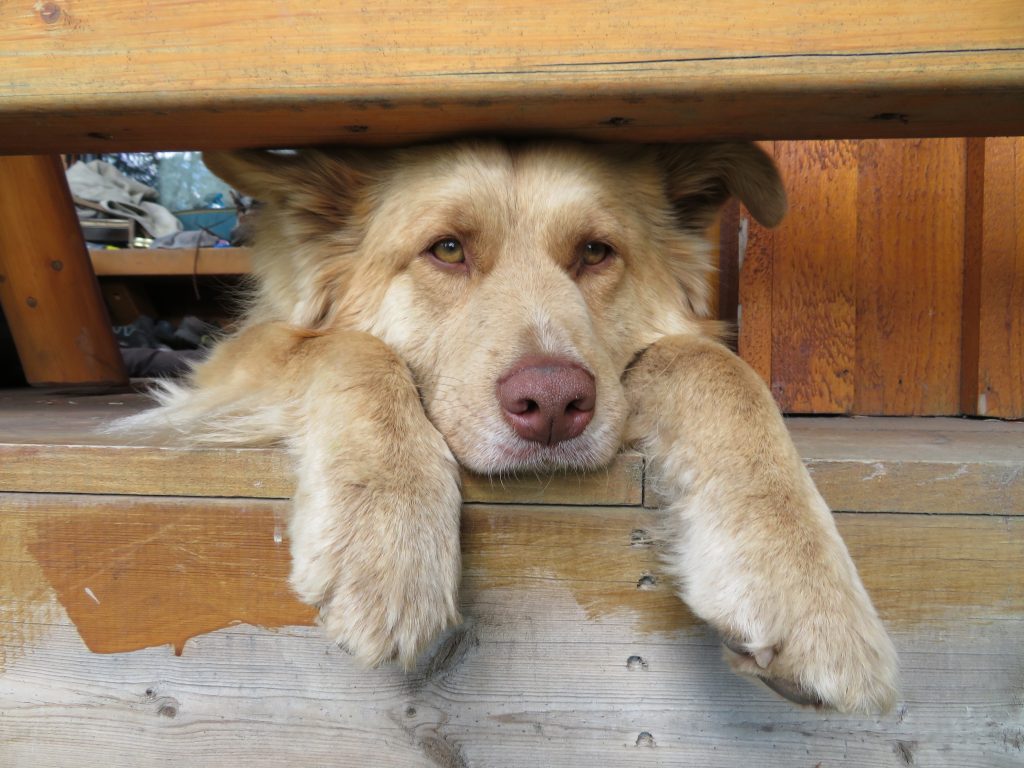
Harley is a good-natured, orange stripey cat. He’s about 9. He is also an SPCA rescue and only has half a tail.
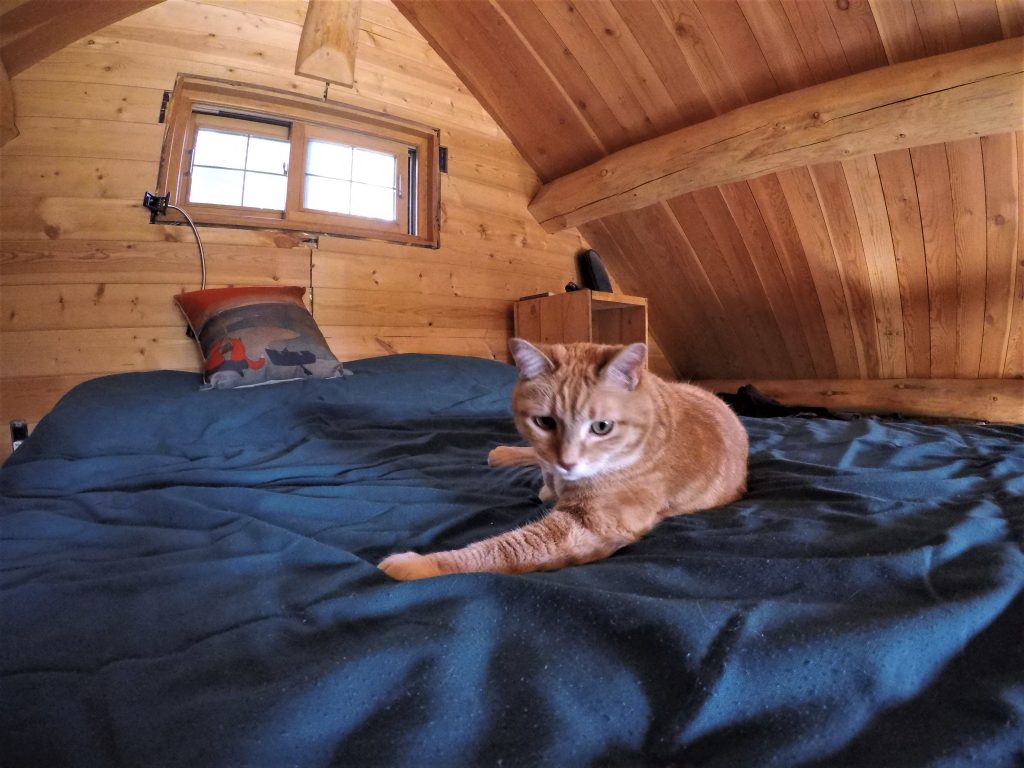
For some reason there are a lot of giant toads around the cabin. We’ve named them all Jeff to simplify things.
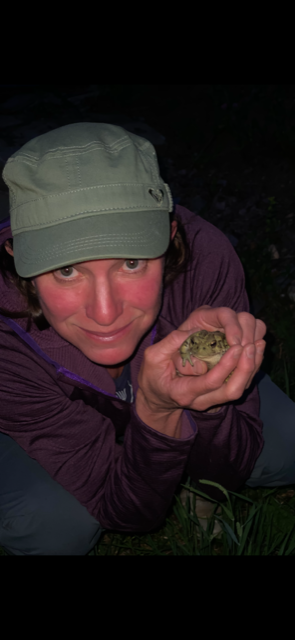
Small Cabin Living – Winters
Our cabin is situated in a cold climate. The temperatures can drop down to -40 C and below. We keep the cabin warm with a wood stove. The outhouse is not warm. This is okay. You have to run fast and not hesitate when you sit. Also, you can grab some wood from the pile on the way back. It’s conveniently located near the trail. See Winter Shower Build video.
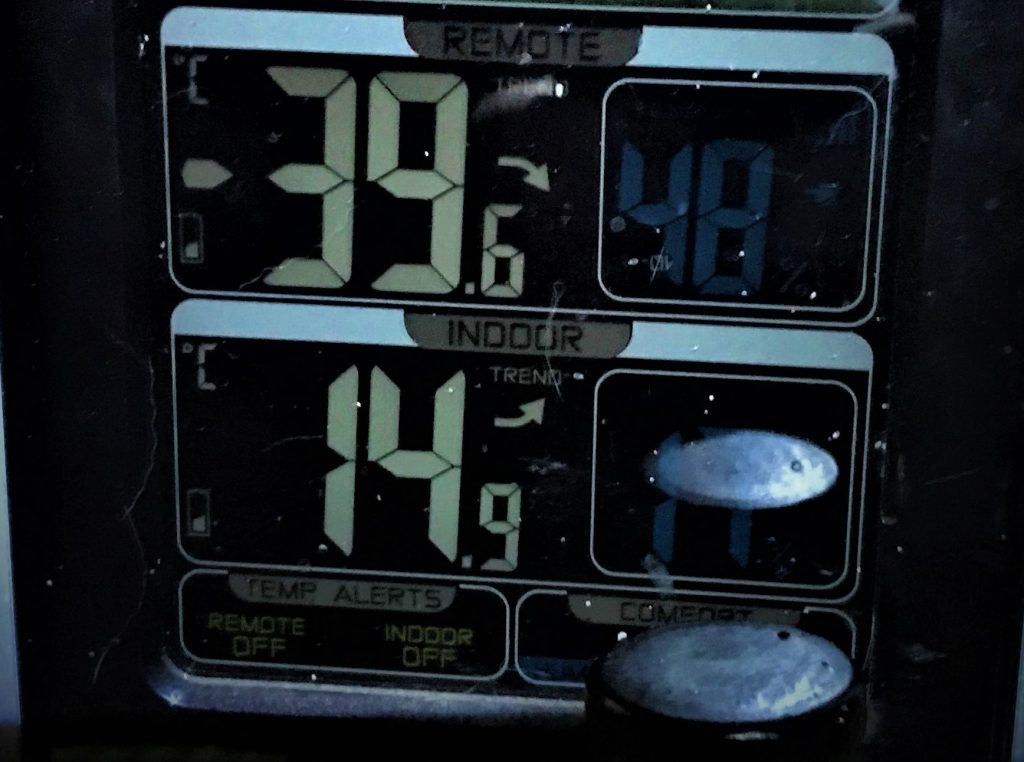
Solar power is often disappointing during a Canadian winter. Apparently solar works better with more sunlight and NOT covered in snow. Hence the generator. In the summer when you don’t need as much artificial light, solar is the bomb.
Small Cabin Interior
Our cabin is mainly used as a transition zone between doing other stuff.
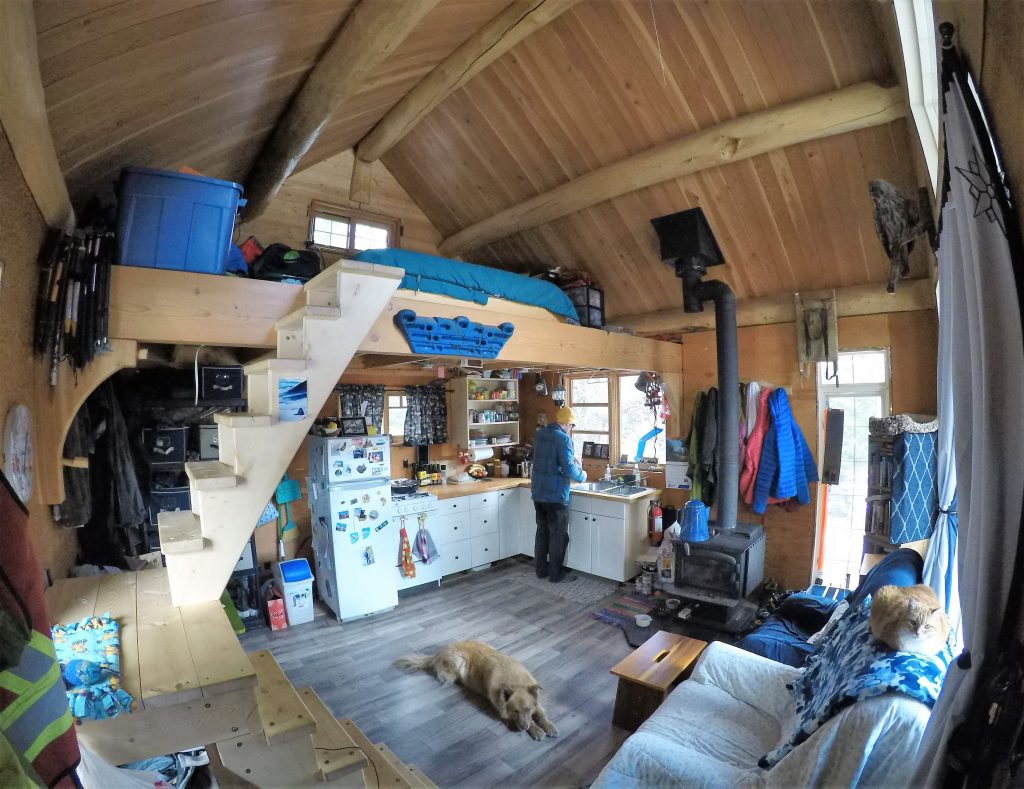
Here are the most important items:
- Woodstove – the giver of warmth and great for drying gear.
- Pet beds – just trying to keep everyone happy because these little guys are furniture destroyers
- Hangboard and mat – essential for upper body strength and injury prevention
- Bookshelf – guide books, maps and a cat bed on top
- Nooks and crannies – places to jam all the other stuff
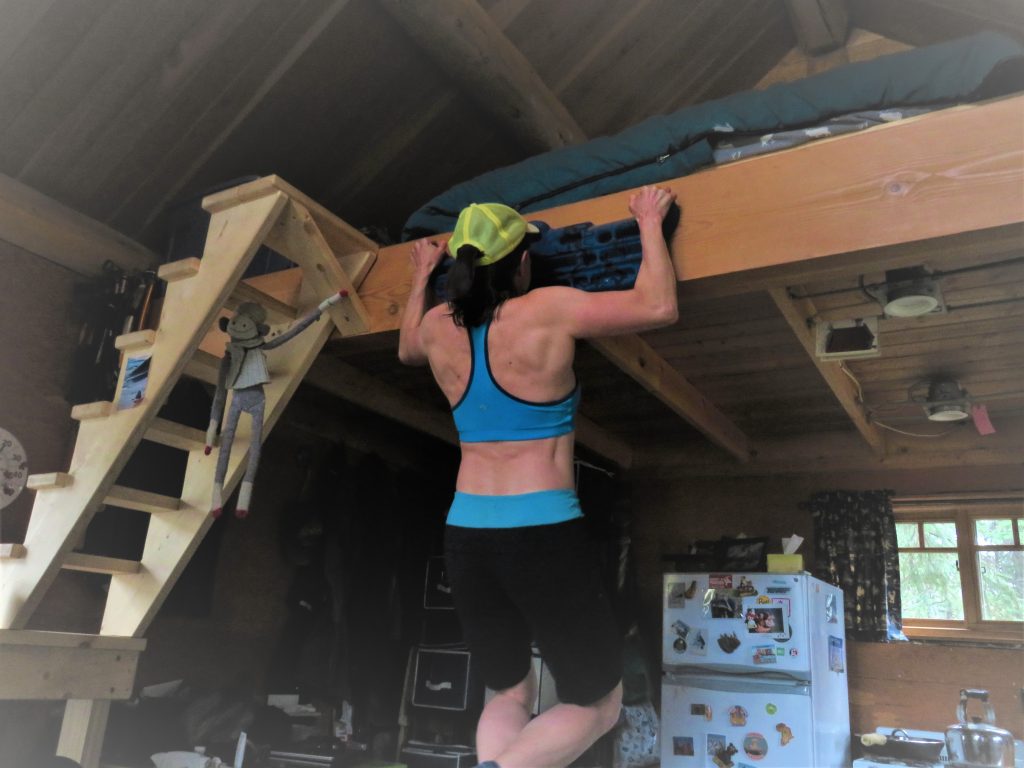
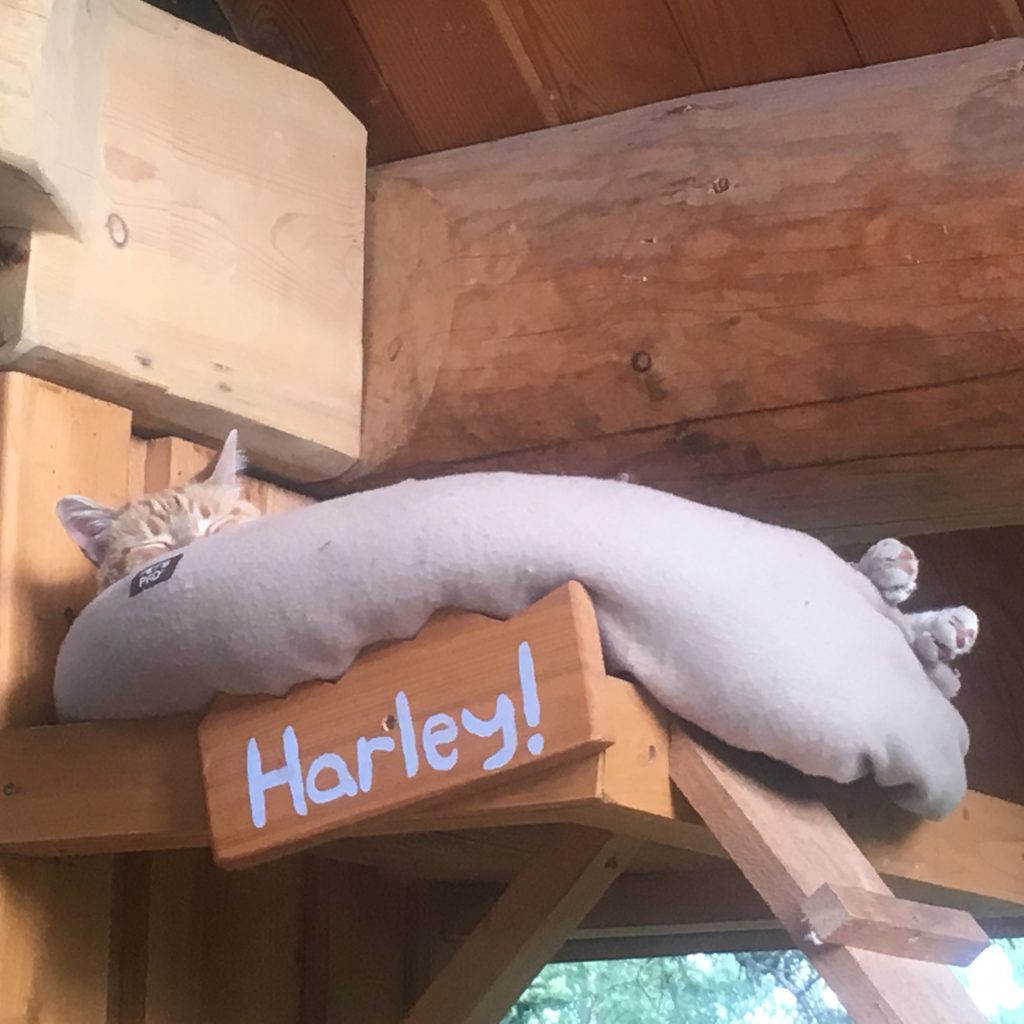
Matching furniture, carefully selected wall colour and the whole feng shui thing have no place in our cabin…neither does tidiness, areas that aren’t cluttered and personal space. It’s probably not for everyone. See Autumn Chores.
The Great Outdoors
Out the front door is best described as paradise. Trails, a river, mountains and creeks are right there!
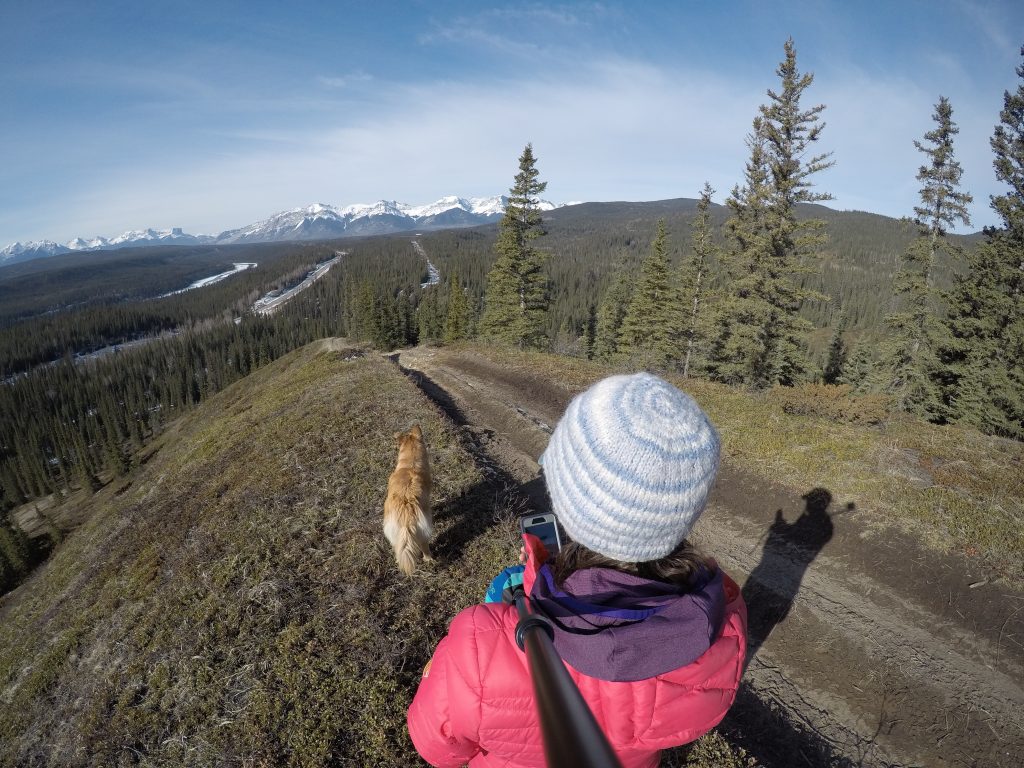
The dog runs free, the cat does its weird cat things and the trails go on forever. There’s skiing, rock and ice climbing, mountaineering, canoeing, mountain biking, trail running and rarely another person around.
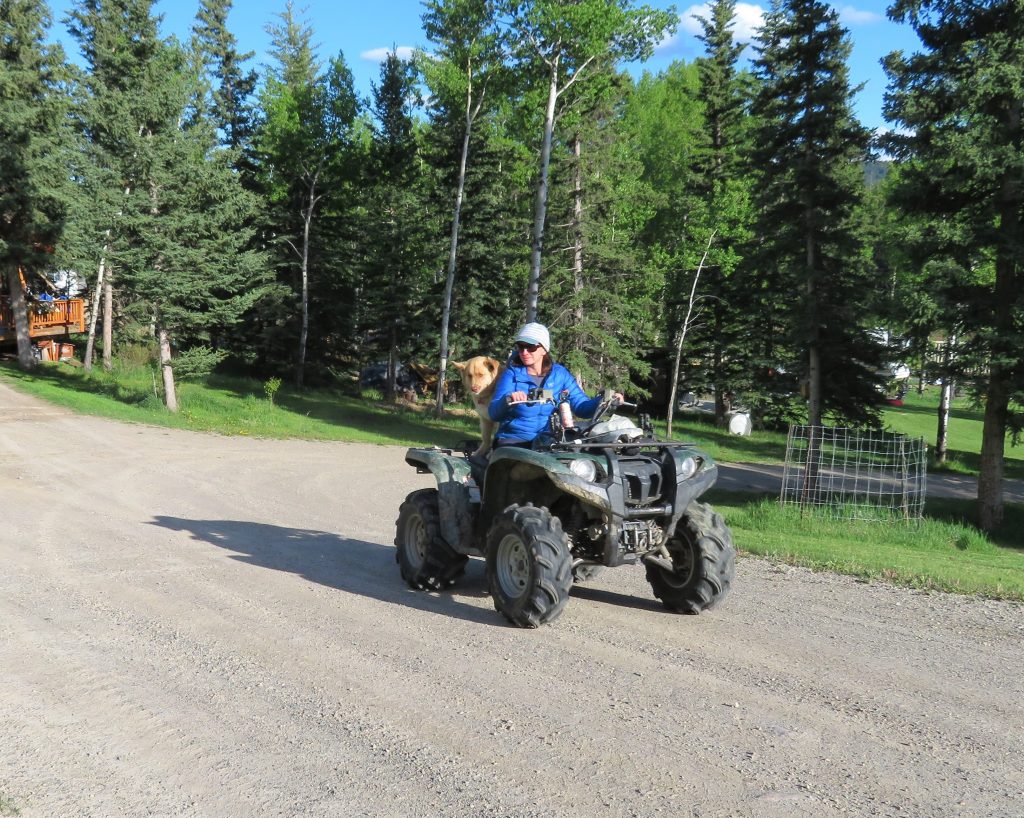
Conclusions
- Cabin living involves a unique set of skills and tolerances.
- The outhouse seat is cold in the winter.
- Toads like cabins.
- Active outdoor living is easier when you live in a small remote cabin.
- Not everyone understands why you would chose to live this way.
What part of small cabin living appeals to you the most?

